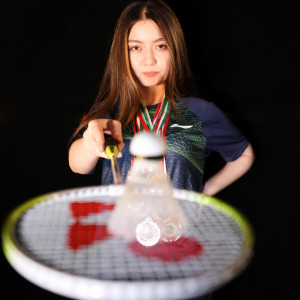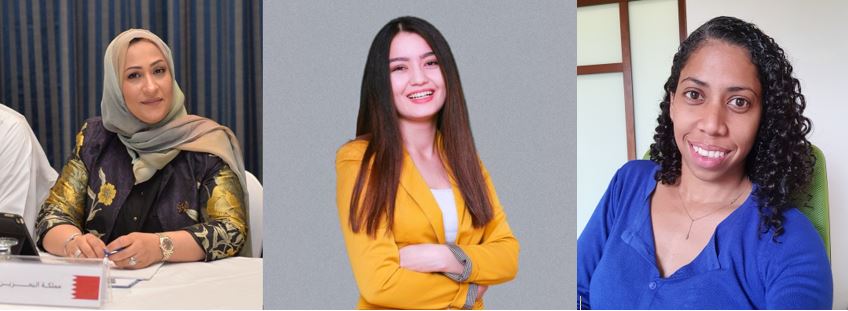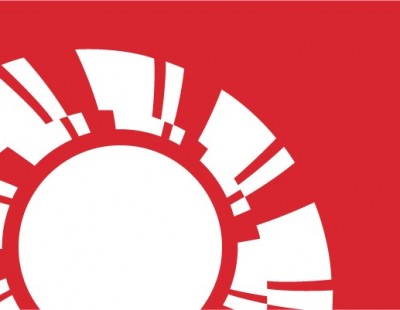Earlier this year, ASOIF (The Association of Summer Olympic International Federations) decided to work with ‘Women Lead Sport’, a Switzerland-based organisation providing action-oriented learning programmes for women who aspire for leadership roles in their sports organisation.
The Badminton World Federation (BWF) was among the summer International Federations asked to take part in the collaboration. BWF has previously participated in female focused workshops in Lausanne, Switzerland, led by the same international facilitator of Women Lead Sports, for several years. BWF constantly strives to identify and support women with the potential to progress into leadership positions in Continental Confederations and/or a BWF Council role.
An advocator of gender parity in leadership roles, BWF put forward three outstanding women from the Continental Confederations to attend the Women Lead Sports programme:
- Charlene Soerodimedjo (BPAC – Suriname)
- Dr Sawsan Taqawi (BAC – Bahrain) and
- Rukhshona Narzulloeva (BAC – Tajikistan)
Led by Gabriela Mueller, the four-week online learning programme involves decision-making within their sports organisation and encourages women to leverage their strengths and be the game-changers for their sport.

Narzulloeva said the course spurred on her self-development.
Taqawi and Narzulloeva were recently elected to the BWF Council. This is the first time two women from the Badminton Asia Confederation have been included in the programme and signals a pivotal moment for women in sport for the continent.
Charlene Soerodimedjo’s association with badminton started as a youth player; after retiring as an athlete, she became President of the Suriname Badminton Association. Before attending the programme, Soerodimedjo said she went into it with an “open mind to learn from professional women in their field”.
The former Suriname player said after attending the course: “Assessing the whole playing field of stakeholders, both national and international, was a very good take-away. We can sometimes get so caught up in short-term and high-paced activities in the sport that you miss out on strategic reflections and analyses to make more sustainable moves.
“I definitely left the course with a stronger awareness of the role we as female leaders have, to lift, mentor and guide others to reach higher. This was a master course for women to challenge their roles and positions in sport,” she added.
Women Lead Sports seeks to take on the challenges of diversity and have women not just compete on the field of play, but also lead the sport.
Narzulloeva, a BWF Council Member from Tajikistan marvelled over attending the programme.
“The course came at the right time of my life, when I was working on my election campaign. Not only did it help me uncover my inner potential, but it also urged my self-development to ‘leapfrog’,” she said.
“What really struck me was seeing so many women holding leadership positions in sport, particularly those from countries that are generally perceived as antagonistic to the values of gender equality. That was a joyous surprise indeed,” she said.
When asked of her greatest learning from the course, Narzulloeva replied: “If you want to motivate others, start with yourself.”































